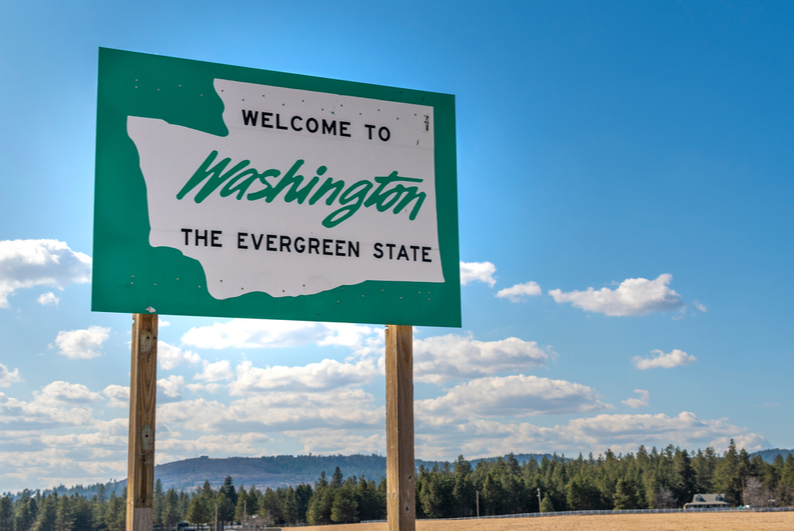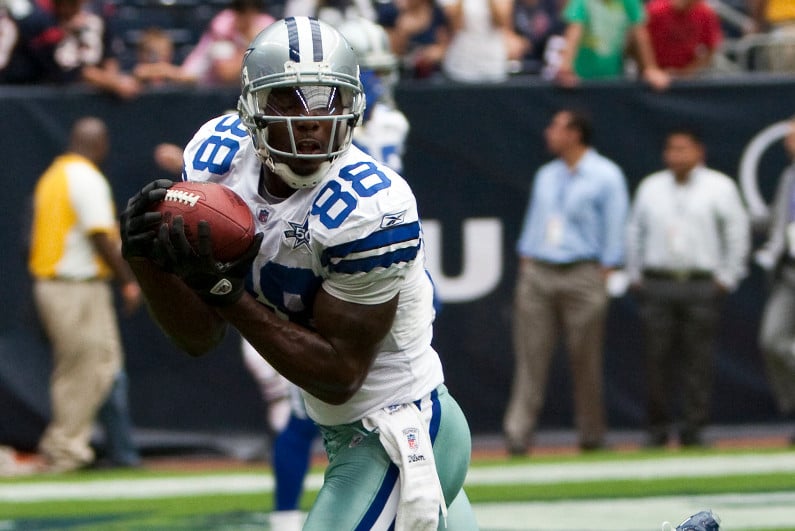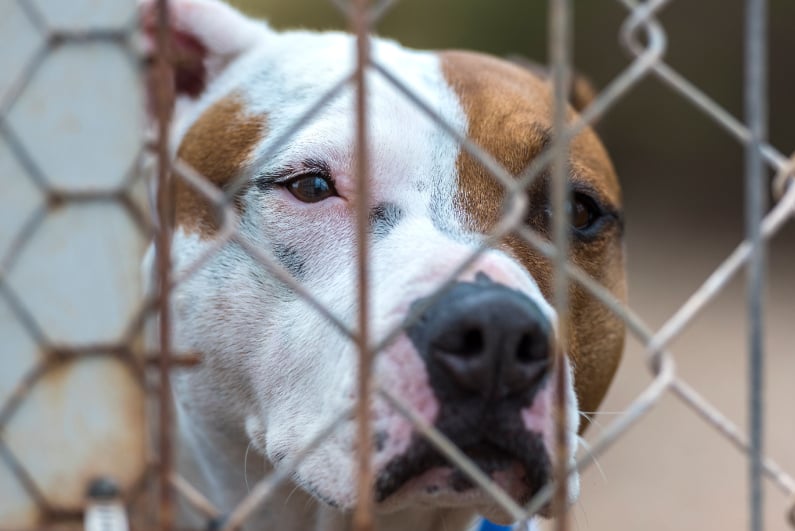Suit filed on behalf of Maverick
Major changes to Washington’s newly legalized sports betting market could be in the cards after the attorney involved in the overturning of the federal sports betting ban, Theodore Olson, filed a momentous tribal gaming lawsuit.
suit aims to bring commercial sports betting to Washington
Olson, a partner at Gibson Dunn, filed the suit Tuesday in the US District Court for the District of Columbia on behalf of his client Maverick Gaming. In a nutshell, the suit aims to bring commercial sports betting to Washington.
According to a press release, the 42-page lawsuit claims Washington lawmakers have used the Indian Gaming Regulatory Act (IGRA) inappropriately to give Native American casinos a “discriminatory tribal gaming monopoly” over various forms of gaming in the state.
“Contrary to IGRA’s own words, the law is being used to insulate tribes in Washington state from competition that exists in many other states with legal gaming marketplaces,” Olson said in a Maverick Gaming press release.
A compelling case
In a press release, CEO and co-founder of Maverick Gaming Eric Persson called for fair play, highlighting his firm’s commitment to creating access to economic opportunities for Washington communities. That access to opportunity, Persson said, relies on a fair application of laws like the IGRA.
As reported by the Associated Press, Persson said: “We just want the opportunity to compete. You know, it’s fantastic that tribes have sports betting, we think we should have it too.” The CEO believes there is room in the market for cardrooms, arguing that sports betting at Maverick venues would add $50m in tax money to state coffers.
A recent ruling in Florida gives Maverick’s lawsuit even more weight. In November, a federal judge on the District of Columbia circuit threw out a compact that gave Florida tribes a monopoly over sports betting, bringing all forms of gaming expansion and sports betting in the state to a halt.
Persson said the Florida ruling “shows you that an entity or a commercial sports betting opportunity can only be offered to the tribes once it’s offered commercially within the state.”
Tribes sense danger
The Washington Indian Gaming Association’s executive director, Rebecca George, described Olson and Maverick’s lawsuit as “dangerous and destructive.”
a desperate attempt to overturn federal law”
She labeled the suit “a desperate attempt to overturn federal law [that] would severely undermine the well regulated and safe system of limited gaming” established via compacts between the state and its tribes.
If the lawsuit proves successful for Maverick, George believes it would “cause irreparable harm not only to historically marginalized tribal communities but also to the broader public, which opposes a massive expansion of gambling in their neighborhoods and communities.”



